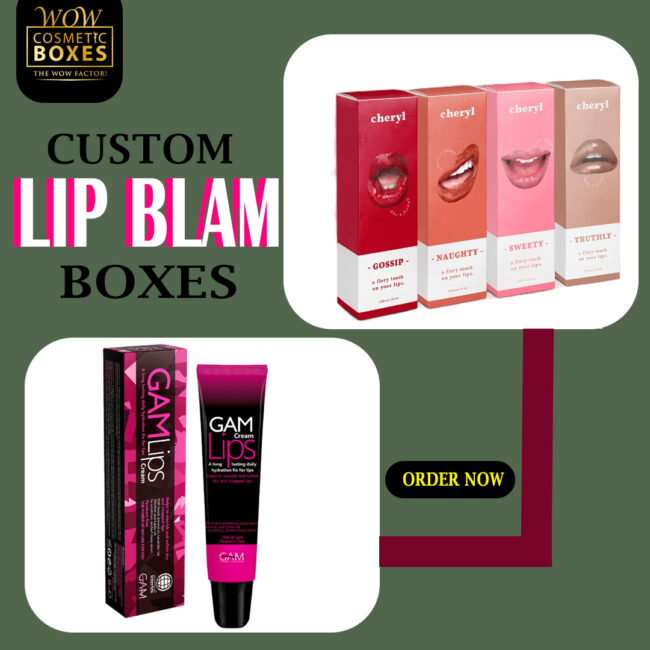
Legal cosmetic packaging compliance is all about following specific regulatory standards and labeling requirements designed to protect consumers. You need to include essential information like product name, weight, and usage instructions, along with a clear ingredient list. Safety instructions and any allergen warnings are vital. Choosing sustainable materials can also boost your brand’s reputation while meeting compliance standards. Furthermore, truthful marketing is necessary to maintain consumer trust and avoid legal issues. By adhering to these rules, you can enhance brand credibility and guarantee regulatory compliance. There’s much more to explore on this topic if you want to know more.
Main Points
- Compliance with regulatory frameworks, such as FDA and EU regulations, ensures permissible content in cosmetic packaging for consumer safety.
- Essential labeling requirements mandate clear product names, net weight, manufacturer information, and usage instructions for informed consumer choices.
- Ingredient disclosure standards require comprehensive ingredient lists in descending order, promoting transparency and building brand credibility.
- Safety and usage instructions must be clear and detailed, including warnings about allergens to protect consumers and enhance brand trust.
- Adherence to marketing and advertising compliance prevents misleading claims, maintaining consumer trust and avoiding legal repercussions.
Understanding Regulatory Frameworks
Steering through the complex world of legal cosmetic packaging compliance requires understanding several key regulatory frameworks.
You’ll need to familiarize yourself with the guidelines set by various regulatory agencies, such as the FDA in the United States and the EU’s Cosmetic Regulation. These frameworks dictate what can and can’t be included in your packaging, ensuring safety and transparency for consumers.
Staying informed about these regulations helps you avoid costly compliance audits that could jeopardize your business. Regularly reviewing your packaging against these standards not only keeps you compliant but also enhances your brand’s credibility.
Essential Labeling Requirements
Understanding the regulatory frameworks sets the stage for grasping the specific labeling requirements for cosmetic products. You need to guarantee that your labels are clear, accurate, and compliant.
Essential elements include the product name, net weight, manufacturer information, and usage instructions. Furthermore, employing advanced labeling technologies can help enhance visibility and functionality.
Effective branding strategies in cosmetics, such as those involving custom makeup kit boxes, can also support compliance by making sure that your packaging meets legal standards while appealing to consumers.
Don’t underestimate the role of consumer education; your labels should inform users about safe and effective product use. They should also convey any necessary warnings or allergen information.
Ingredient Disclosure Standards
While you might focus on appealing packaging and branding, ingredient disclosure standards are crucial for guaranteeing consumer safety and compliance. These standards mandate clear ingredient lists, promoting ingredient transparency that consumers expect.
Effective packaging, such as custom perfume boxes, can also include this essential information, enhancing customer trust and brand credibility. By providing accurate information about your product’s formulation, you not only comply with regulations but also build trust with your customers.
Make sure that all ingredients, including those used in fragrances and preservatives, are disclosed in descending order of predominance. This commitment to formulation accuracy helps consumers make informed choices based on allergies, sensitivities, or personal preferences.
Safety and Usage Instructions
In relation to cosmetic products, clear safety and usage instructions are essential for ensuring consumer safety and satisfaction. You should always provide thorough usage guidelines that detail how to apply the product, including any necessary precautions.
This is particularly important for products like mascara, as custom packaging solutions can enhance user experience by providing clear labeling and instructions. This helps consumers avoid potential harm and enhances their experience.
Adhering to established safety standards is vital; it not only protects users but also builds trust in your brand. Be sure to include warnings about allergens, irritants, or specific conditions under which the product shouldn’t be used.
Clear labeling that outlines these aspects not only complies with legal requirements but also fosters informed choices among consumers. In the end, precise instructions empower users and promote responsible product use.
Environmental Considerations
Environmental considerations in cosmetic packaging play an important role in promoting sustainability and reducing ecological impact. As a brand, you should prioritize sustainable materials that minimize harm to the planet.
Using biodegradable or recyclable options not only enhances your product’s appeal but also aligns with consumers’ growing demand for eco-friendly choices, such as cosmetic paper bags that offer stylish, eco-friendly packaging solutions.
Implementing recycling initiatives is vital; make certain your packaging is easy to recycle and clearly labeled to guide customers. Encourage participation in recycling programs to foster a culture of sustainability.
By choosing responsible materials and supporting recycling efforts, you can markedly lower your carbon footprint while meeting legal compliance standards.
In the end, embracing these environmental considerations demonstrates your commitment to sustainability, enhancing your brand’s reputation in a competitive market.
Marketing and Advertising Compliance
Marketing and advertising compliance is essential for cosmetic brands to guarantee their messaging aligns with regulatory standards. You need to confirm that your brand messaging is truthful and not misleading. Claims about product benefits, ingredients, and safety must be substantiated with evidence to avoid legal issues.
Misrepresentation can negatively impact consumer perception, leading to lost trust and potential financial repercussions. Furthermore, you should be cautious with endorsements and testimonials, confirming that they reflect genuine experiences and comply with advertising laws.
Consequences of Non-Compliance
Failing to comply with cosmetic packaging regulations can lead to severe repercussions for your brand. You might face legal penalties, including fines and product recalls, which can drain your financial resources.
Furthermore, non-compliance can damage your reputation, causing consumers to question your commitment to safety and quality. This loss of consumer trust can be difficult to rebuild, potentially costing you loyal customers and market share.
If regulatory bodies take action against your packaging, it could result in litigation, further complicating your business operations.
In the end, ensuring compliance isn’t just about avoiding penalties; it’s essential for maintaining your brand’s integrity and fostering lasting relationships with your customers.
Don’t underestimate the importance of legal compliance in cosmetic packaging.

